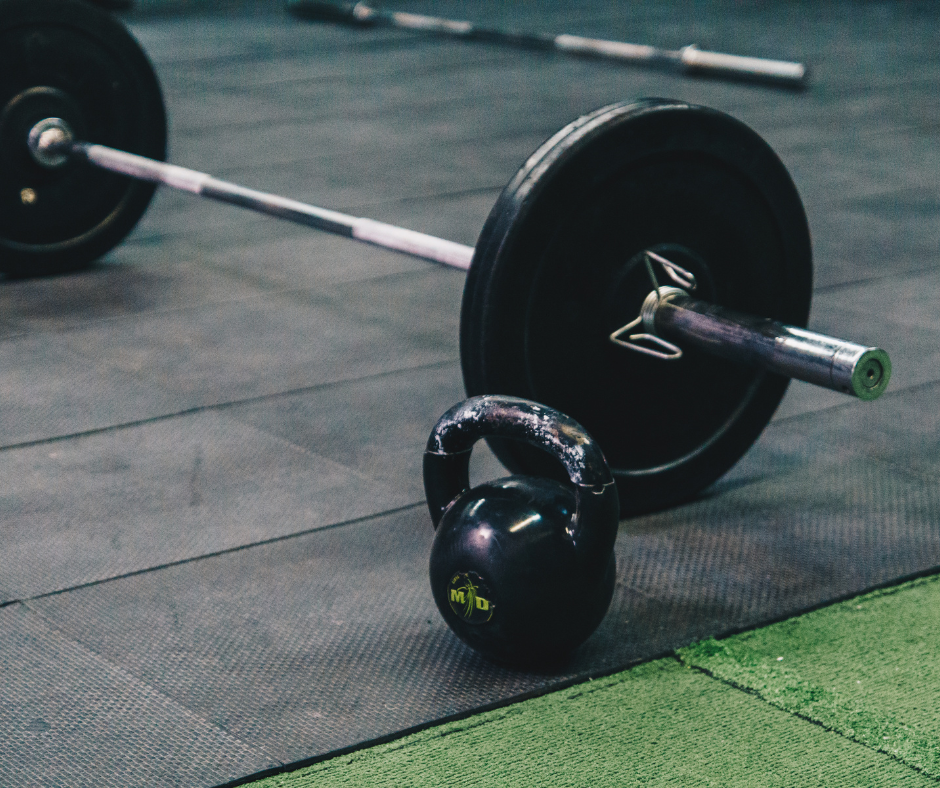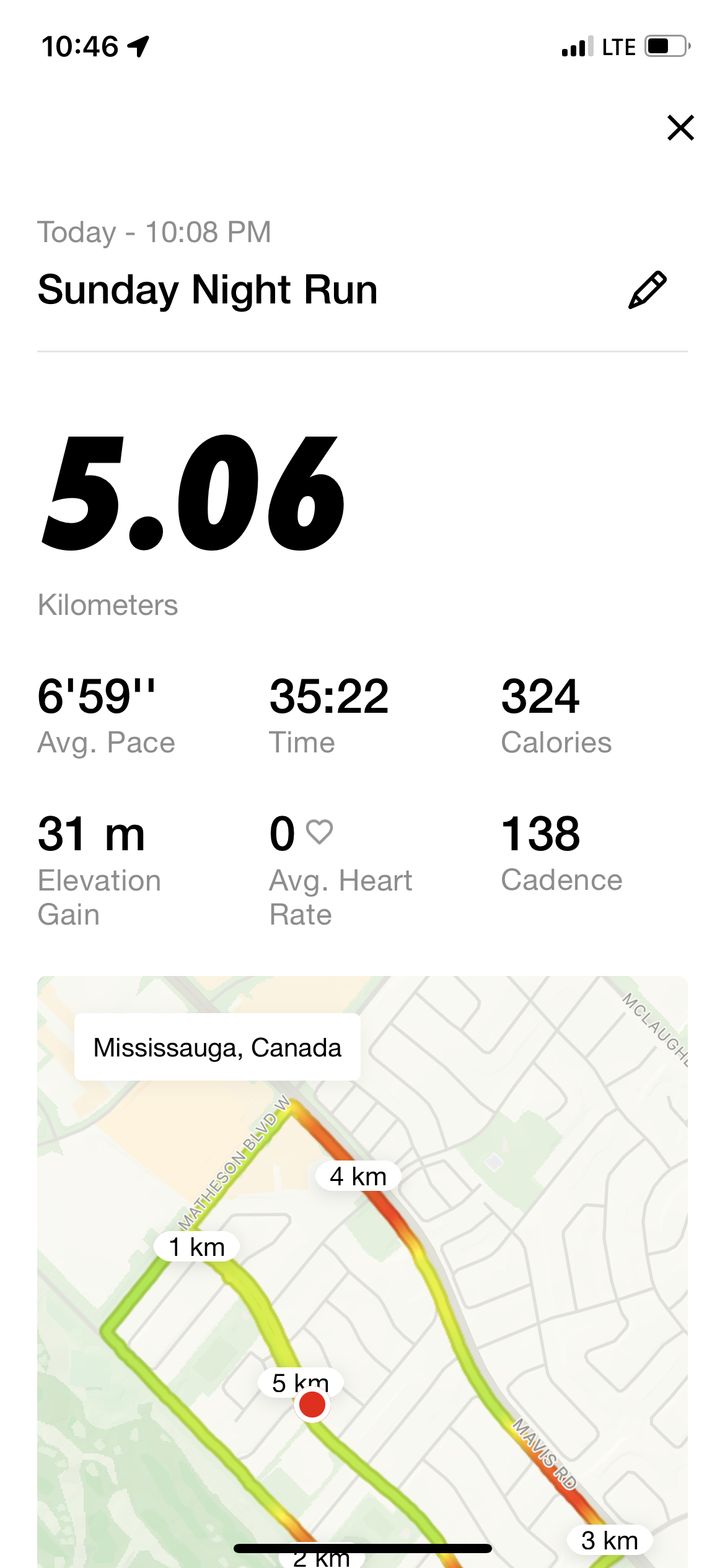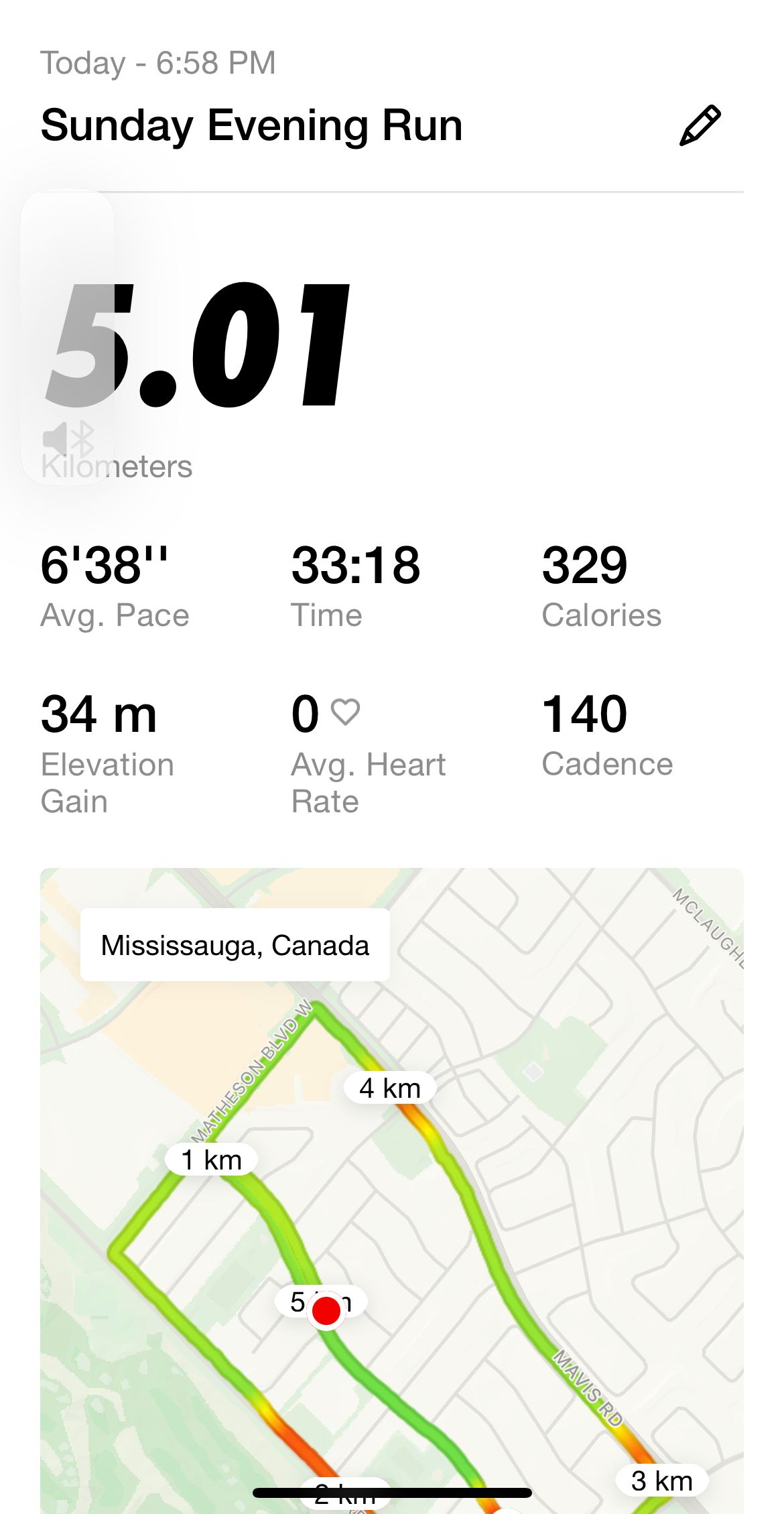Gym Essentials: "What You Need to Know Before You Start"

The beginning of your journey is always the toughest. Whether its' starting a new job, meeting new people or even going to a new gym, there's always a transition period. This period is a common place for quitters. Either one of two things happen, it becomes too hard, or it's not that important to you anymore so you quit. Well, lucky for you this post is designed to help you avoid these two scenarios, so you can start off on the right foot, stay motivated and injury free.
Step 1: What is my current fitness level?
Before starting any fitness program, it's important to assess your current fitness level. This will help you choose the right exercises and intensity level for your workouts. If you are a beginner simply take inventory of your daily activities some questions to ponder include; How active am I? How many steps do I take daily? Do I have a sedentary job? These questions can help you identify your level of fitness.
Step 2: What are your goals?
It's important to have specific, achievable goals in mind when starting a fitness program. This will help you stay motivated and track your progress. Goals typically change between the start of your gym experience and where you are now. Usually the more experience you gain directly correlates to increased confidence in the gym. With that being said, as you become increasingly confident, make sure goals you set for yourself are realistic and can be achieved within a given period of time. It's important to have long term goals, however; short term goals push you forward and give you momentum to achieve those long term goals.
Step 3: Program development.
There are many different ways to go about working out; types of exercise include cardio, strength training, and flexibility training. It's important to choose the types of exercise that best align with your goals. You would never tell a bodybuilder to start training flexibility. The same applies to yourself. Determine what exactly you want out of training and shape your fitness plan accordingly.
I will provide a resource for this in the near future - stay tuned :)
Step 4: Ensuring proper form to maximize gains.
It's essential to learn proper form for each exercise to avoid injury and maximize effectiveness for your workouts. This may involve working with a personal trainer or watching instructional videos. Now, this doesn't mean you must be robotic and make sure everything is perfect. As long as you're aware of what leads to injury performing exercises the way you feel comfortable is a perfect way to start in the gym. Over time, as you progress you'll start to adjust your form based on others in the gym, what you see online, or small tweaks you notice while performing exercises.
Step 5: Rest and recovery.
Rest and recovery are just as important as exercise when it comes to getting fit. It's important to allow your body time to recover and rebuild after each workout. Ideally when starting out, 3 days of working out is the sweet spot to maximize gains. From personal experience I've noticed that as you increase the number of workouts per week the less motivated you become to go to the gym. Giving yourself time off and rest will help you in the long run.
Step 6: Getting the right nutrition.
Nutrition plays a critical role in fitness. Eating a balanced diet that provides your body with the nutrients it needs to perform and recover is essential. Depending on your goals this tip may look very different for you. You may want to lose fat and pack on muscle, lose weight, bulk up, or shred, however; the way by which to achieve that can be done through various forms of dieting techniques. Since most people have dietary preferences and/or limitations I cannot recommend certain diets. Though, in my personal experience, when shredding I limited myself to 2 meals a day with a snack that helped me get lean fast. Those two meals where high in protein with the first meal high in fats and the second one high in carbs.
Step 7: Staying consistent.
Consistency is key when it comes to getting fit. It's important to establish a regular exercise routine and stick to it, even on days where you don't feel like working out. Staying consistent will make or break your fitness aspirations. It's the very thing needed to achieve almost anything in life. Become consistent by putting together a routine and actively pursuing excellence. You can't be your best when you're lazy.
In theme with this post, I want to preface this by saying I'm not a runner or have ever done long runs consistently, but I'm currently starting a running journey where I run once a week and track my progress. I'll share my stats from week 1 & 2 below. Hope this inspires you :)


If you need help planning your workouts and nutrition targets book a free consultation here with me https://calendly.com/zxf_fitness/zxf-fitness-consultation

Member discussion